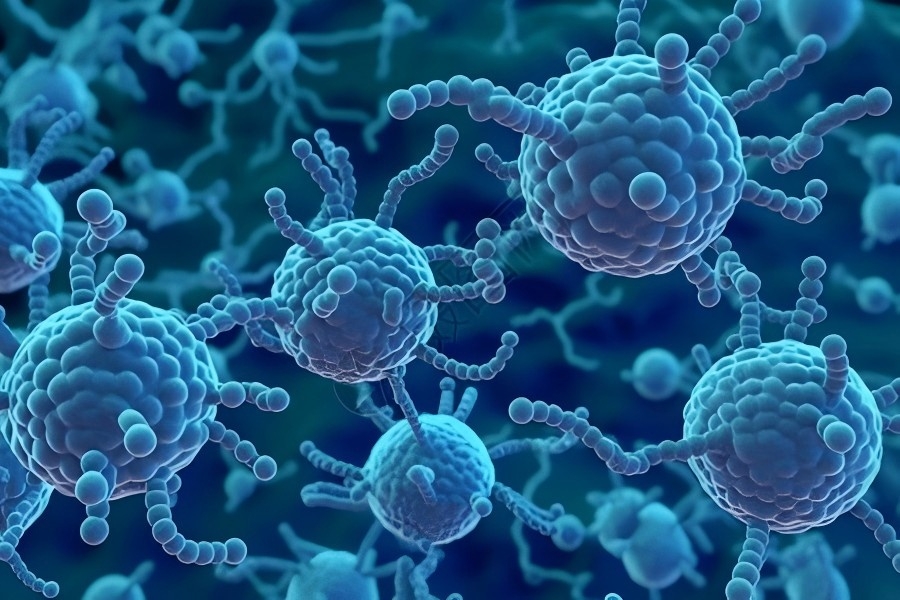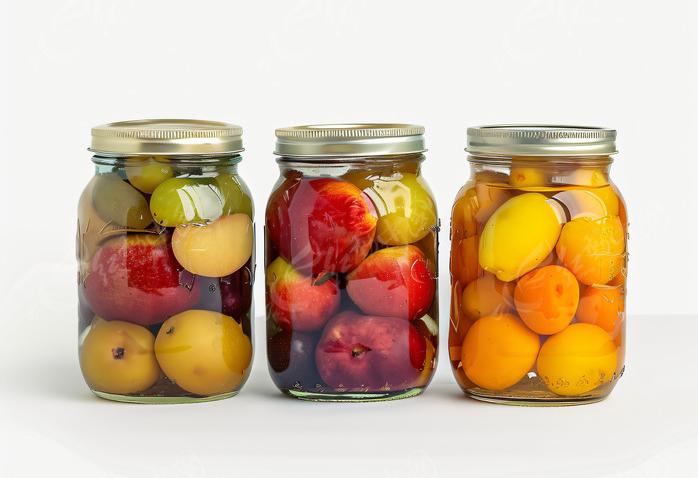info@hz-great.com
0086 571 22661887



Name: Jack
Mobile:0086 13867199735
Tel:0086 571 22661887
Whatsapp:8613867199735
Email:info@hz-great.com
Add:Nanyang Development Area, Xiaoshan Dist, Hangzhou City, Zhejiang Province, China